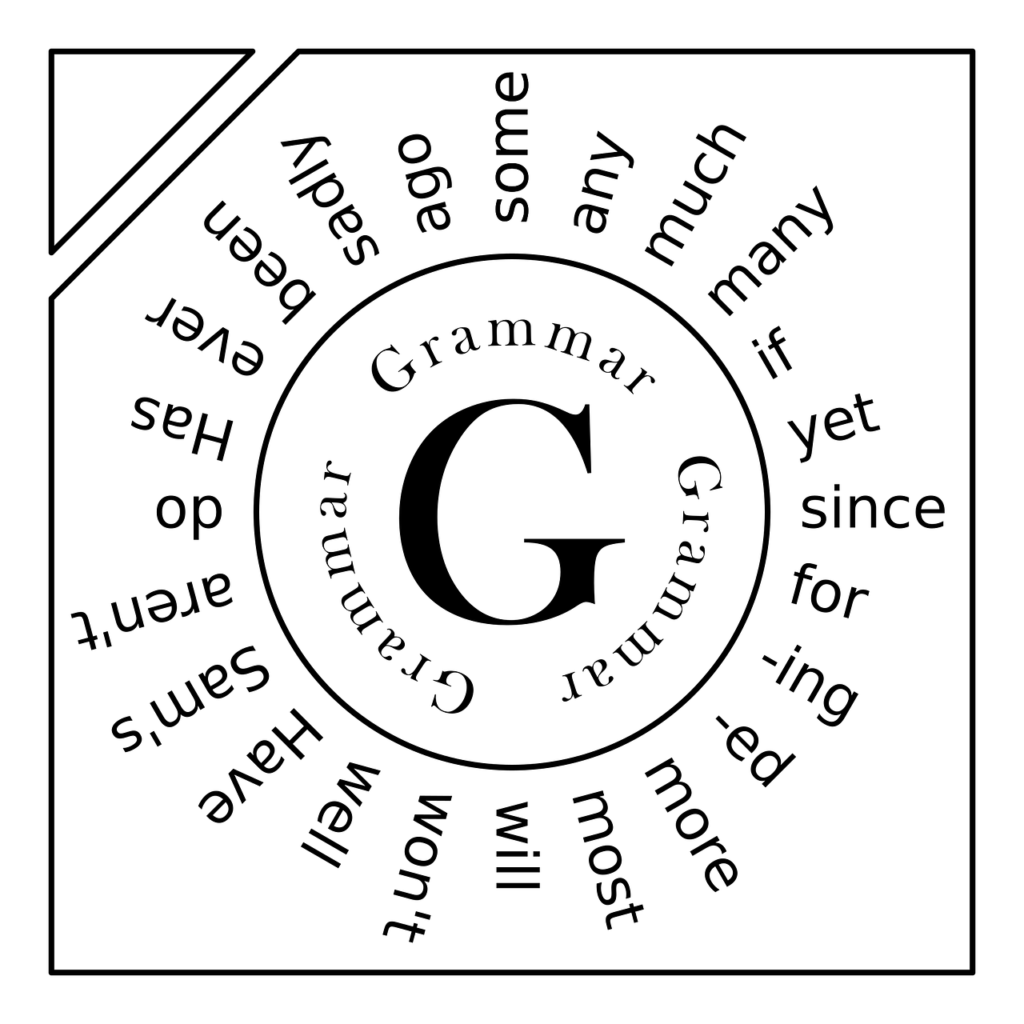Prefixes in English Grammar
Prefixes are a vital part of English grammar. They are a set of letters added to the beginning of a word to modify its meaning. By using prefixes, you can create new words, alter their meanings, and enhance your vocabulary. Here, we’ll explore some common prefixes, their meanings, and examples. 1. Prefix: un-Meaning: Not, opposite […]
Prefixes in English Grammar Read More »






